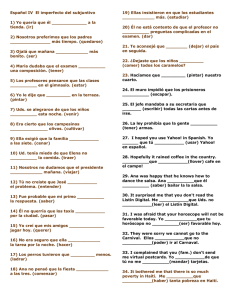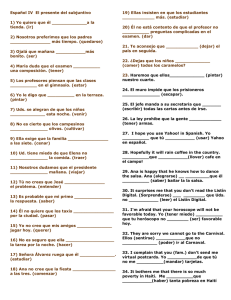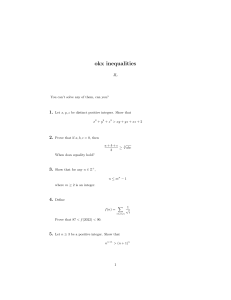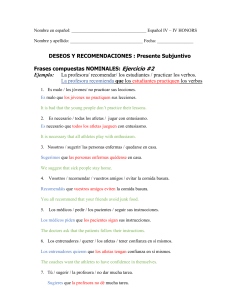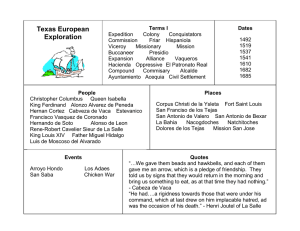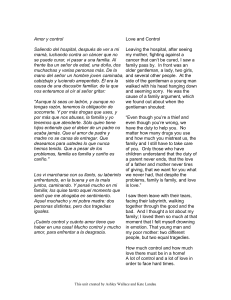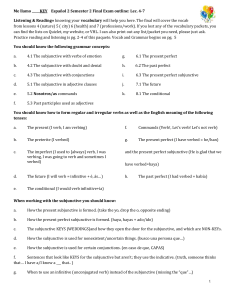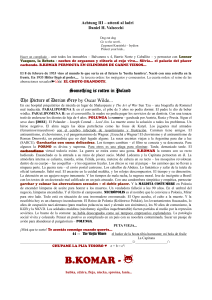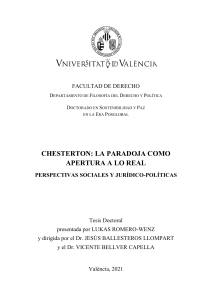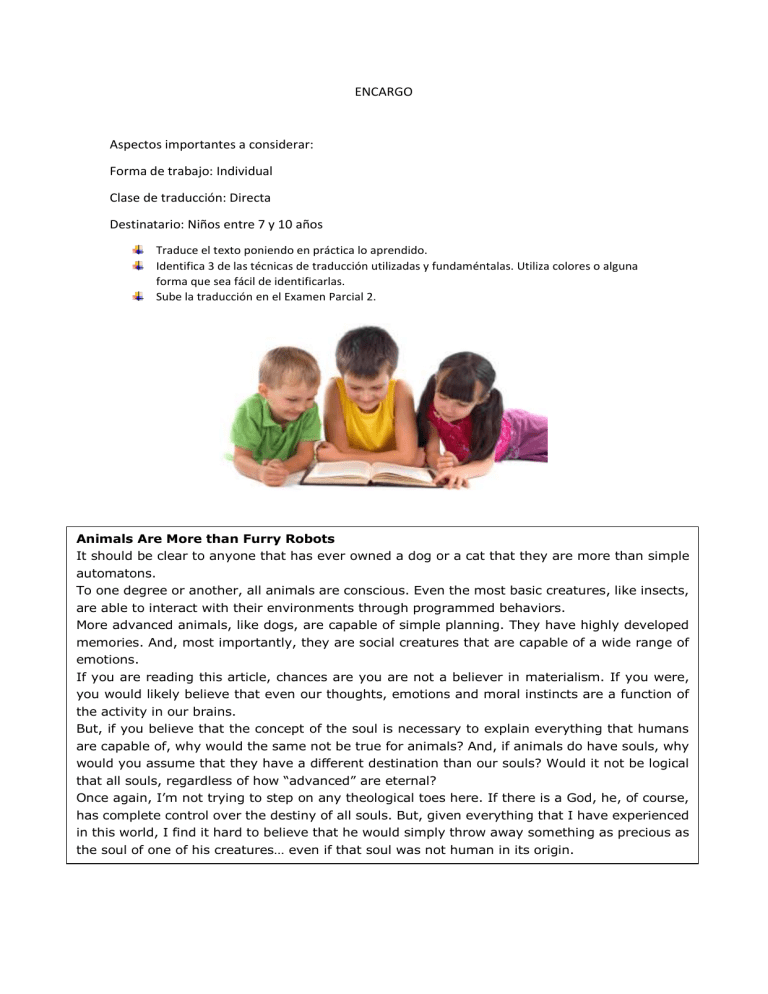
ENCARGO Aspectos importantes a considerar: Forma de trabajo: Individual Clase de traducción: Directa Destinatario: Niños entre 7 y 10 años Traduce el texto poniendo en práctica lo aprendido. Identifica 3 de las técnicas de traducción utilizadas y fundaméntalas. Utiliza colores o alguna forma que sea fácil de identificarlas. Sube la traducción en el Examen Parcial 2. Animals Are More than Furry Robots It should be clear to anyone that has ever owned a dog or a cat that they are more than simple automatons. To one degree or another, all animals are conscious. Even the most basic creatures, like insects, are able to interact with their environments through programmed behaviors. More advanced animals, like dogs, are capable of simple planning. They have highly developed memories. And, most importantly, they are social creatures that are capable of a wide range of emotions. If you are reading this article, chances are you are not a believer in materialism. If you were, you would likely believe that even our thoughts, emotions and moral instincts are a function of the activity in our brains. But, if you believe that the concept of the soul is necessary to explain everything that humans are capable of, why would the same not be true for animals? And, if animals do have souls, why would you assume that they have a different destination than our souls? Would it not be logical that all souls, regardless of how “advanced” are eternal? Once again, I’m not trying to step on any theological toes here. If there is a God, he, of course, has complete control over the destiny of all souls. But, given everything that I have experienced in this world, I find it hard to believe that he would simply throw away something as precious as the soul of one of his creatures… even if that soul was not human in its origin. Los animales son más que robots peludos Cualquiera que haya tenido un perro o un gato debería saber que son algo más que simples animales independientes. De una forma u otra, todos los animales son responsables. Incluso las criaturas más básicas, como los insectos, son capaces de interactuar con su entorno mediante comportamientos programados. Los animales más avanzados, como los perros, son capaces de realizar una actividades sencilla. Tienen una memoria muy evolucionada. Y, lo que es más importante, son criaturas sociales con grandes y diferentes emociones. Si está leyendo este artículo, es probable que no sea Apego a las cosas materiales. Si lo fuera, probablemente creería que incluso nuestros pensamientos, emociones y valores están en función de la actividad de nuestro cerebro. Pero, si cree que la idea de alma es necesario para explicar todo lo que los humanos son capaces de hacer, ¿por qué no iba a ocurrir lo mismo con los animales? Y, si los animales tienen alma, ¿por qué supones que tienen un destino diferente al de nuestras almas? ¿No sería lógico que todas las almas, independientemente de lo "avanzadas" que sean, sean para siempre? Una vez más, no estoy tratando de pisar ninguna creencia aquí. Si existe un Dios, él, por supuesto, tiene el control total sobre el destino de todas las almas. Pero, teniendo en cuenta todo lo que he experimentado en este mundo, me resulta difícil creer que él simplemente desecharía algo tan precioso como el alma de una de sus criaturas... incluso si esa alma no fuera humana en su origen Técnicas usadas Equivalencia: hay palabras que los niños no entienden.
